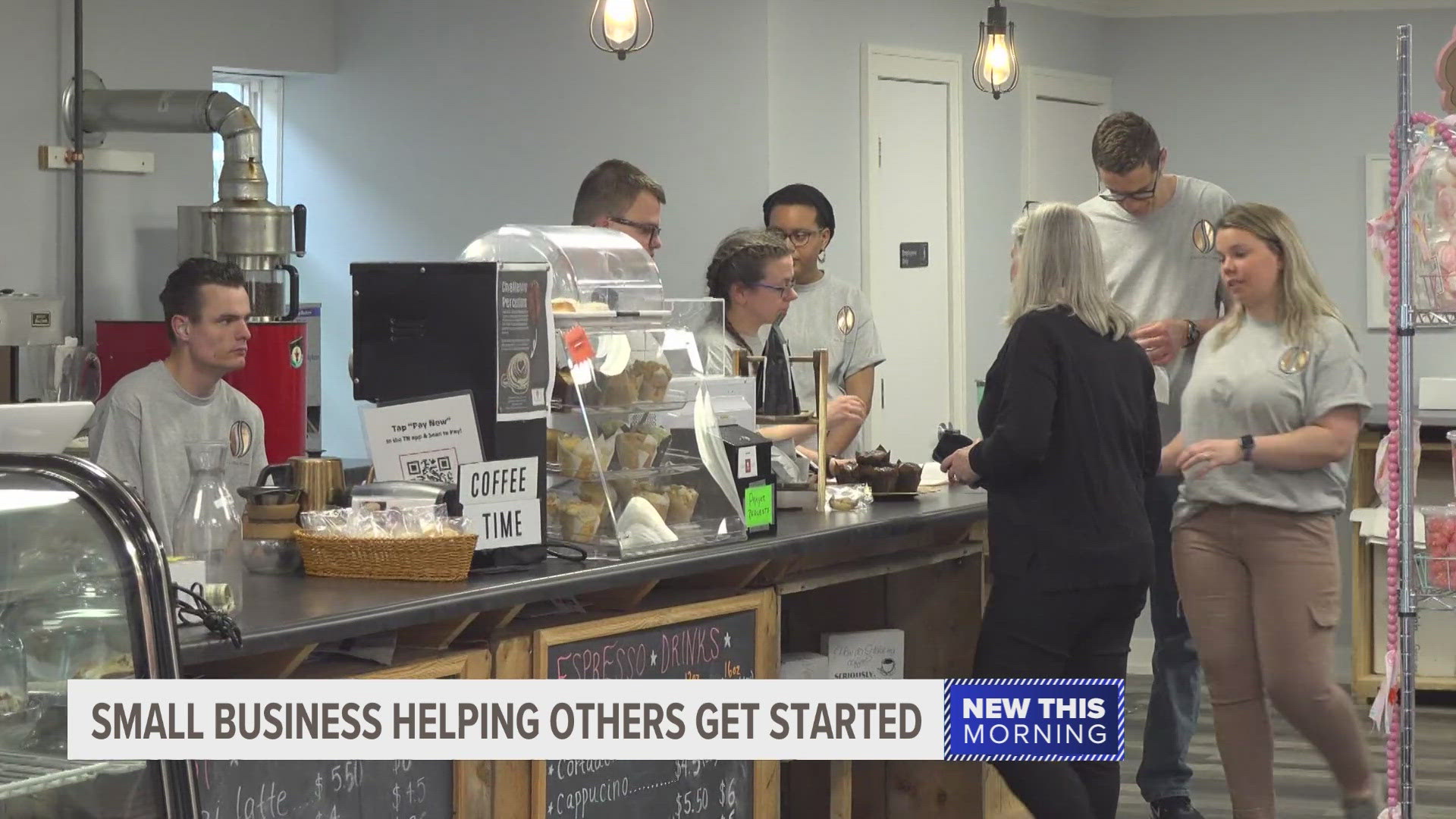States can now collect sales taxes from most online stores, a Supreme Court ruling said Thursday. In Michigan, this means the state can collect the 6% sales taxes from online stores, even if they don't have a physical presence in Michigan.
Retailers can compete under the same sales tax rules whether they sell online, through brick-and-mortar stores or both. Meegan Holland, vice president of communications at the Michigan Retailers Association, said they're "ecstatic" about the ruling.
"Retailers have been working toward this for more than two decades," she said. "This ruling has brought commerce into the 21st century. It levels the playing field (between) all retailers."
Holland said this Supreme Court ruling helps to clarify Michigan's Main Street Fairness Act to make online retailers pay the state.
The Main Street Fairness Act was passed in Michigan in 2015. It said Internet retailers with a physical presence in Michigan, such as Amazon and Overstock, would be required to collect and remit the state's 6% sales tax on all purchases made by Michigan shoppers.
Now, online retailers do not have to have a physical presence in Michigan to pay sales taxes.
There are still several questions up in the air after the ruling. Holland said the National Retail Federation is encouraging Congress to pass legislation that implements national rules, rather than each state deciding on its own. Also, it's unclear when Michigan will start charging online retailers.
"I can’t predict how soon that will happen," Holland said. "But our main thing is that this has really been hurting brick-and-mortars. Our message is to support the stores that give back to your communities."
Justice Anthony Kennedy wrote the 5-4 decision, joined by Justices Clarence Thomas, Ruth Bader Ginsburg, Samuel Alito and Neil Gorsuch. Chief Justice John Roberts dissented and said the decision should be left to Congress. He was joined by Justices Stephen Breyer, Sonia Sotomayor and Elena Kagen.
This decision overturns an earlier Supreme Court precedent, which stemmed from a 1992 case where the court refused to require that mail-order retailers collect sales taxes from buyers in other states. This has given online retailers a competitive advantage over brick-and-mortar stores.
Kennedy said in the opinion that any potential issues “cannot justify retaining this artificial, anachronistic rule that deprives states of vast revenues from major businesses.”



